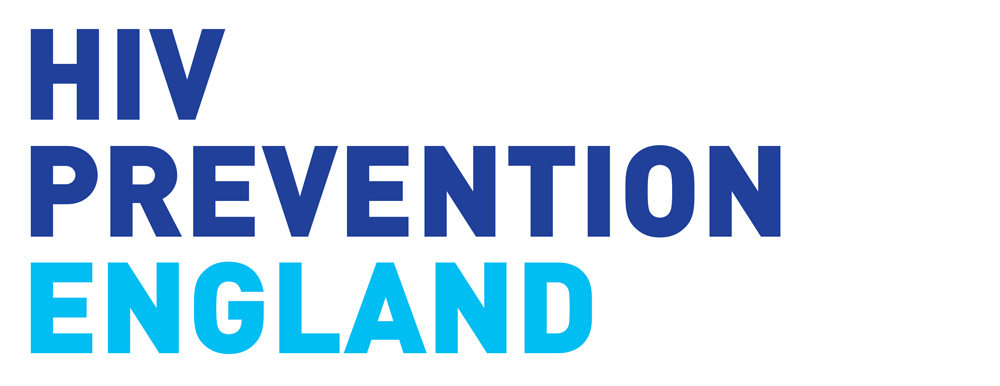An innovative project in Wakefield, West Yorkshire has successfully increased testing rates in certain vulnerable populations by providing a £5 food voucher as an incentive – and key to the work was our partner, BHA for Equality working in collaboration with Turning Point.
In early 2023, public health officials at Wakefield Council identified that a new case of HIV was linked to a cluster of previous cases from 2021 among people who inject drugs (PWID) and those connected to homeless accommodation. It was clear that swift action was needed to prevent further transmissions.
Tackling HIV in vulnerable communities
PWID and individuals linked to homelessness often face multiple barriers to accessing healthcare, from stigma and misinformation to logistical challenges in navigating complex services.
That’s where commissioned services like BHA for Equality’s HIV Prevention and Support Service and Turning Point’s Drug and Alcohol Service come in. Along with Wakefield Council and UK Health Security Agency (UKHSA), they embarked on a multi-agency Incident Management Team (IMT) response to contain the cluster.
Incentivising HIV testing
To reach PWID and individuals in homeless accommodation, BHA Wakefield and Turning Point undertook extensive outreach activities. The primary focus was to raise awareness of HIV risks and offer point-of-care testing (POCT) for both HIV and syphilis, making testing both accessible and quick. What made this scheme stand out was a small but highly targeted intervention – an incentive program in the form of £5 food vouchers for individuals who agreed to take a test.
The rationale? Similar incentives had proven effective in boosting Hepatitis C testing uptake among PWID, and the hope was to replicate that success. These vouchers, redeemable for hot and cold food, were simple, but they addressed a basic need, providing a practical and immediate benefit.
Navigating ethical considerations
Offering an incentive to test can bring up extra ethical questions. The team in Wakefield were following examples from across the country, where incentive vouchers have been introduced for various behaviour changes when uptake is low. The team also kept track of whether any concerns or questions were raised by people not in the target group about why they weren’t receiving a voucher. During the pilot, no concerns of this nature were raised and Wakefield’s public health team continue to monitor the scheme, including outcomes and any challenges.
A dramatic uptake in testing
BHA Wakefield saw a 70% increase in POCT from the previous year, with 166 tests conducted over the 2023-24 period. More than half of these tests (51%) were linked directly to the voucher incentive scheme. There was one reactive HIV test and one reactive syphilis test linked to the scheme – with the person who got the reactive HIV result saying they only took the test because of the voucher.
The scheme didn’t just increase testing rates: it also helped break down common misconceptions around HIV. Comments like, “I thought you could only get it through sex,” and “I thought a test would be ages, but it’s really quick, it’s good to know!” highlight the critical need for ongoing education.
Lessons learned: What makes this scheme a success?
So, what can others in the HIV sector take away from this? Several key factors contributed to the success of Wakefield’s HIV testing incentive scheme:
Targeted approach: By focusing on a specific, high-risk group (PWID and homeless individuals), the scheme was able to channel resources where they were most needed.
Collaboration and partnerships: The collaboration between BHA for Equality, Turning Point, Wakefield Council and UKHSA was crucial. Each organisation brought its own expertise and networks, creating a comprehensive support system, responsive to the needs of the community.
Meaningful incentives: The £5 vouchers addressed an immediate need and resonated with the target population. Sometimes, simple incentives are all that’s needed to bridge the gap between intention and action.
Education and awareness: Outreach activities didn’t just focus on testing but also on education. Misconceptions about HIV transmission were prevalent, and this effort helped correct those while promoting testing as quick and accessible.
Building on success
Thanks to its success, the HIV testing incentive scheme in Wakefield secured additional funding for another year. The next challenge will be to assess its long-term sustainability and effectiveness, but for now, it’s clear that this innovative pilot has had a meaningful impact.
As we continue to face complex public health challenges, schemes like this remind us that even modest interventions, when thoughtfully implemented, can lead to significant results.

